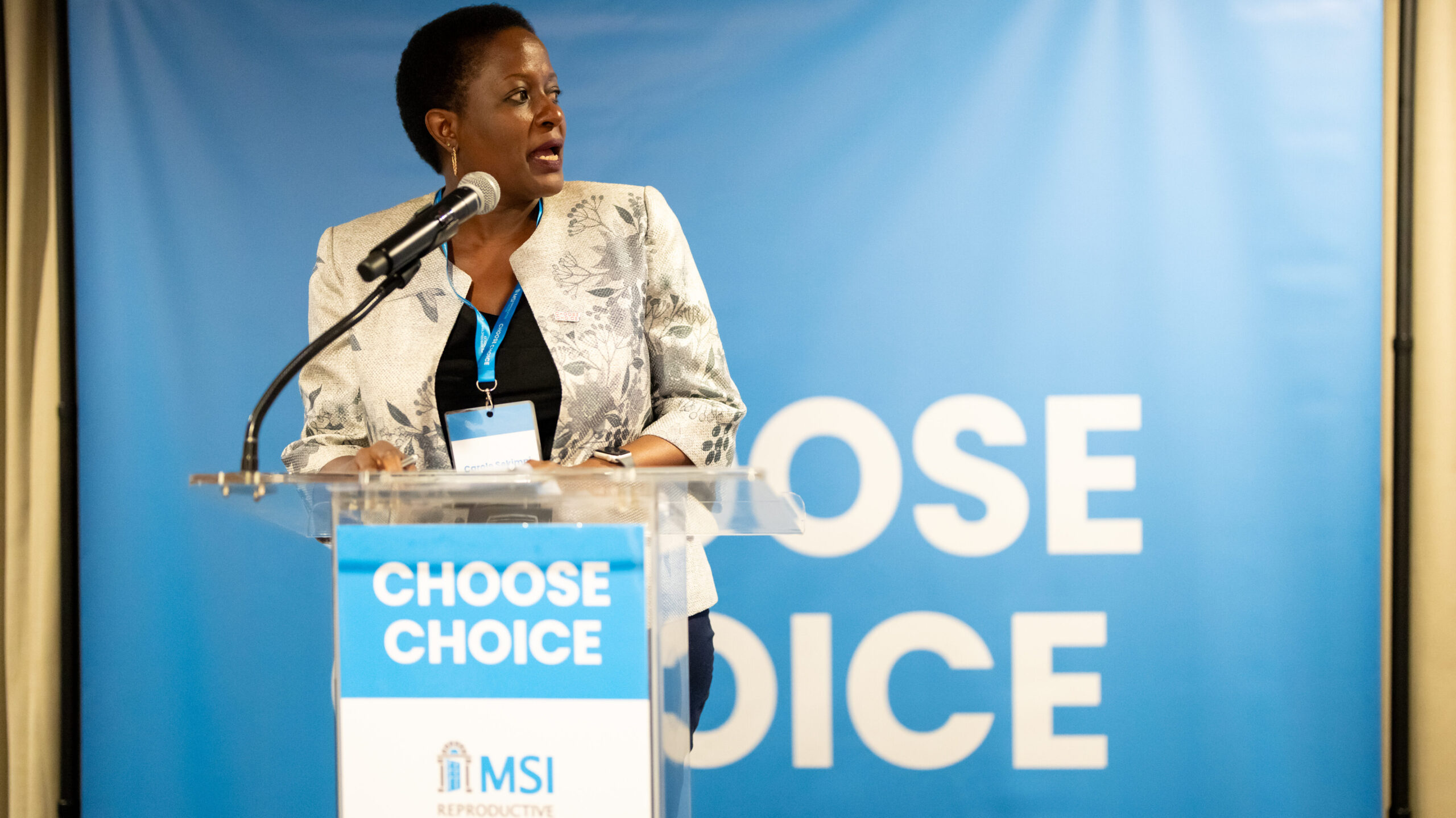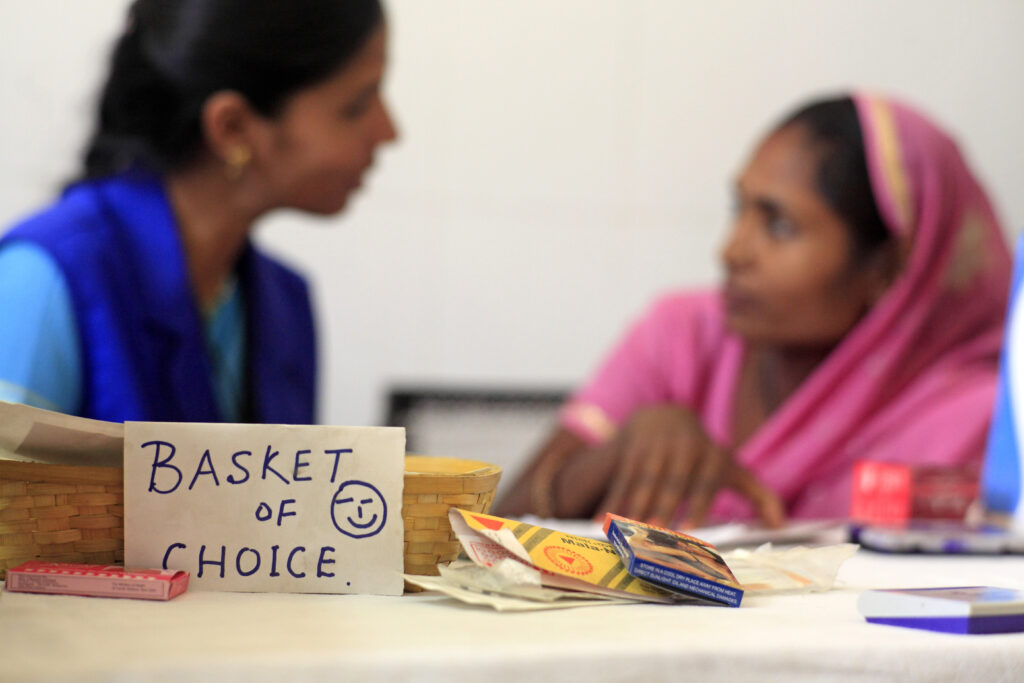
Contraception is personal. At MSI, ‘choices’ is our name and our commitment. We trust people to make the best choices about their own reproductive health.
Here at MSI, we talk about reproductive choice a lot. When it comes to contraception, it’s the ability to choose when and whether you want it, and your method—whether that be permanent like a vasectomy, long-acting like the IUD, or short-term like the pill.
But this simple choice has power beyond healthcare. When a teenager chooses to go on the pill, that choice to her may mean staying in school and getting qualified. When a new mother chooses the IUD, to her it may mean spacing her children, so she can better care for her existing family. When a young woman chooses the injection, it may be because she wants her contraception to be invisible, so her partner doesn’t know.
As for Binetou, a young woman from a climate-affected community in Senegal:
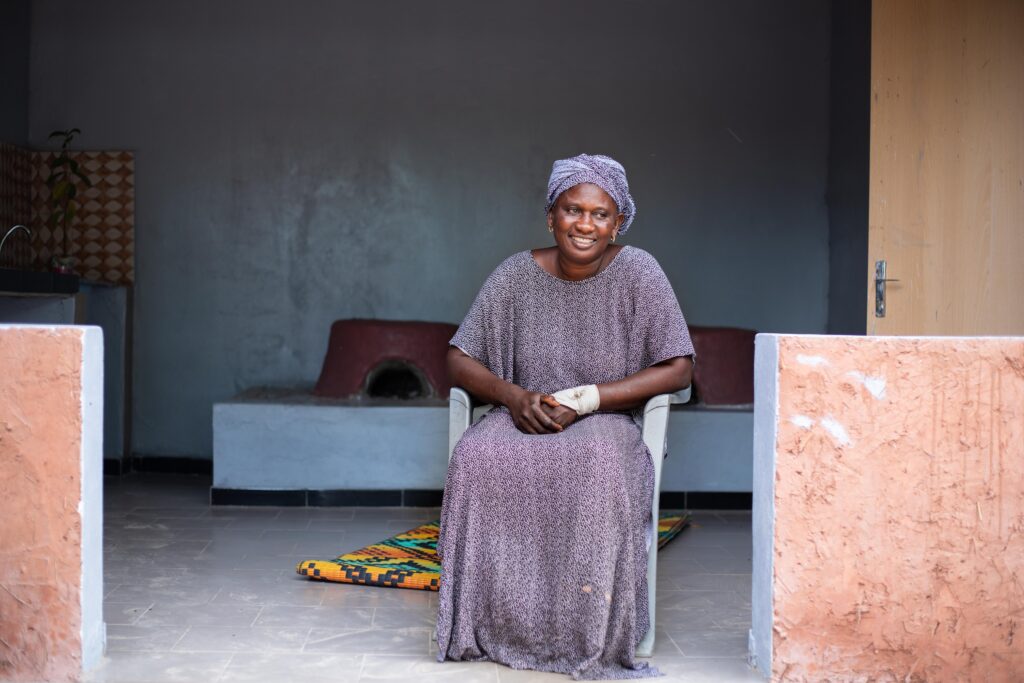
“Choosing when to get pregnant makes life easier. We can support ourselves, look after our children and get on with everyday activities. We can have four to five years without giving birth. This is why we use contraception, to reclaim our lives.”
MSI is focused not just on expanding access, but choices too.
We make choice easier with counselling
There are many factors to consider when choosing a method of contraception—which options are available, their effectiveness, managing possible side effects, how long they’ll work for, how to switch methods.
That’s why we provide counselling to our clients so they can make informed decisions for themselves. On average, our providers counsel people on more than 5 different methods of contraception so they can choose what they want from there. Last year, 96% of our clients agreed they were given enough information to make the best decision.
A core part of our mission is leaving no one behind and reaching those who need our services most, so it’s no surprise that last year, a third of our clients were first-time users of contraception. This makes counselling even more critical, so people who are unfamiliar with contraception can know what their options are.
Peace Katako, an MSI centre manager in Ghana, shares:
“When we counsel clients, we don’t impose anything on them, we let them think about their options and have a full picture of understanding. Some clients come in knowing exactly what they want, and they feel very comfortable with it, and others need time to mull it over and have their own personal dialogue.”
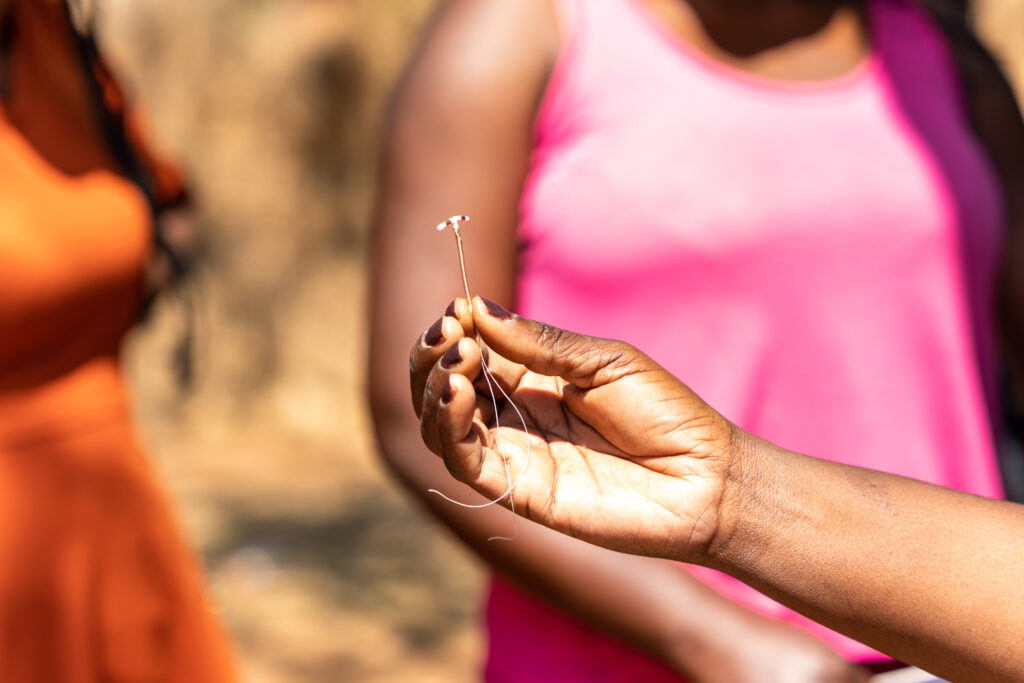
We’ve also invested in digital ways to reach people with quality and accurate information on contraception. “Choice” is the name of our online contraception counsellor that’s available in 21 countries including the UK, Mexico and South Africa. Answers are just a few clicks away as you fill out a questionnaire about your lifestyle, preferences, needs and medical history to see a list of the most appropriate contraceptive options for you.
And for those who prefer to speak to a person over the phone, our 33 contact centres dotted around the world answer calls and messages daily to provide compassionate and confidential advice and information.
Choice is made easier with a supportive community
Community influences the choices people make. A 29-year-old client in Ghana recently told us:
“I knew when I came into MSI that I wanted the injection. I didn’t want anything else. That’s what all my friends have.“
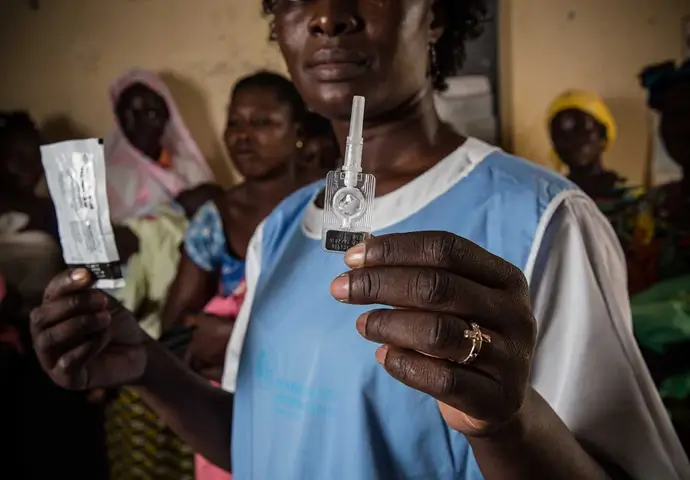
Referrals and word of mouth play a huge role in making people aware of and begin to seek contraception. Recent MSI data from five West African countries showed over 8 out of 10 adolescents were referred to an MSI clinic by a community relative, friend, different provider, or community-based mobiliser.
But the community effect is not always positive. Harmful social norms and stigma mean that people can be scared to access certain options available to them, or feel like they can’t access any option at all.
At MSI, our local advocacy teams work hand-in-hand with community leaders and influencers to shift social norms and dispel myths and misconceptions around contraception. We first engage with community leaders to understand what their priorities, worries and aspirations are, and then we can engage the communities in discussions that are relevant to them and design interventions and messaging that resonates well.
In Sierra Leone, this meant showing contraception is key to keeping teenage girls in education, which was a key political and national concern. In Zambia, it meant highlighting how reproductive autonomy is central to family economic stability and community growth. And part of this work is engaging men to become more supportive of contraceptive methods too.
By combatting stigma and shifting the conversation, we create a more supportive environment for people to confidently access reproductive choice.
Your Body, Your Choice, Your Future
That’s not just a strategy tagline, it rings true in everything we do. MSI is built on the view that by providing voluntary, comprehensive reproductive healthcare, women and girls can pursue the future of their choice.
It’s simple: we stand for choice. And we urge you to stand with us.







